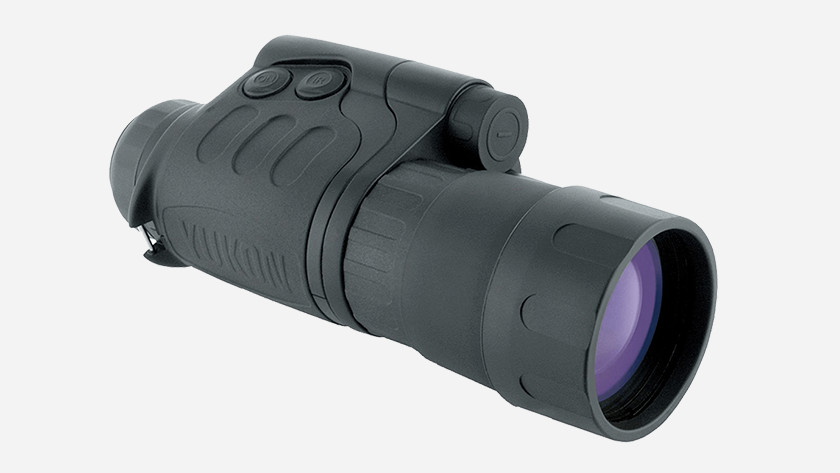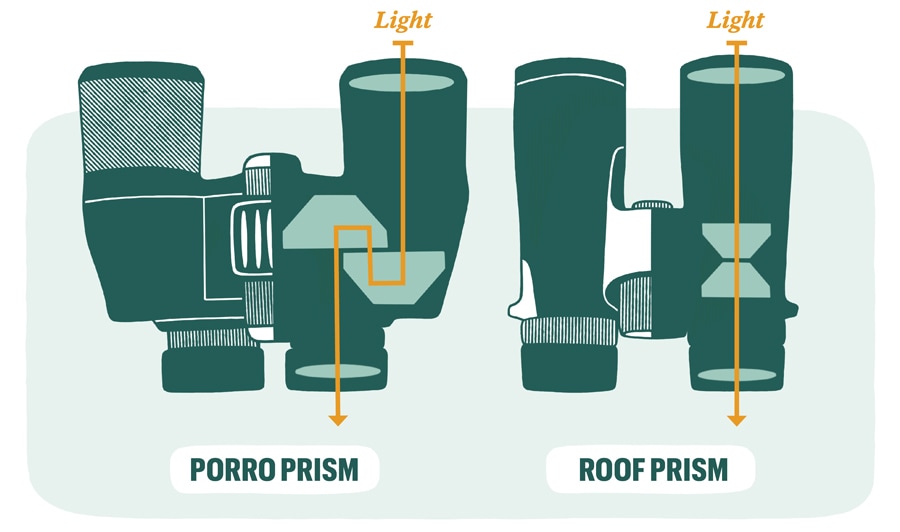The Significance of Binoculars in Education and Scientific Research: Exactly How These Optical Instruments Add To Discovering and Exploration
The combination of field glasses into educational setups and scientific research is usually neglected, yet their payment to boosting empirical skills is substantial. In disciplines ranging from ecological scientific research to astronomy, binoculars offer as necessary devices that promote inquiry and crucial reasoning.
Enhancing Observational Skills
In educational and study settings, the usage of binoculars dramatically boosts empirical skills among students and experts alike. These optical tools promote a deeper understanding of far-off subjects, making it possible for customers to observe details that would otherwise continue to be hidden. By employing binoculars, students can examine wild animals, expensive sensations, and geological formations, cultivating a more extensive connection to the topic.
Field glasses function as necessary tools in area researches, motivating trainees to engage actively with their atmosphere. Via boosted monitoring, they can collect information better, leading to enhanced analytical abilities. This hands-on experience allows for the growth of important thinking, as pupils have to translate what they see and connect it to theoretical expertise.

Bridging Concept and Method
Observational skills developed with using field glasses naturally lead to a more extensive integration of theoretical understanding with practical application. By taking part in direct observation, learners can transform abstract ideas right into substantial experiences. This harmony fosters a deeper understanding of scientific principles as pupils link academic frameworks with real-world sensations.
For example, when studying bird biology, students can use their understanding of bird makeup and behavior with the lens of field glasses, observing characteristics such as plumage variation, feeding behaviors, and migratory patterns. This direct engagement not only strengthens academic principles however additionally cultivates important reasoning and analytical skills.
Additionally, using binoculars encourages students to create theories based upon their observations, thereby boosting their clinical questions abilities. They can actively examine these theories in the area, bring about a much more experiential discovering environment that advertises inquisitiveness and exploration.
Fundamentally, field glasses act as an essential device in bridging the space between class learning and fieldwork - Binoculars. They encourage trainees to come to be energetic participants in their education, encouraging a holistic approach to understanding the environment and its intricacies. Thus, the integration of concept and technique is essential for fostering informed and involved students
Applications in Environmental Science
Using field glasses in ecological science enhances the capacity to observe and assess ecological communities with better accuracy. These optical tools are necessary for carrying out area studies, making it possible for scientists to keep track of wild animals populaces, assess plant health and wellness, and assess habitat conditions without interrupting the all-natural environment. Field glasses assist in the identification of types at numerous ranges, permitting researchers to gather crucial information on biodiversity and actions.
In ecological study, binoculars are essential tools for ornithologists studying bird actions and movement patterns. They allow scientists to tape-record observations over extended periods, adding to valuable longitudinal studies - Binoculars. Additionally, field glasses play an essential role in habitat assessments, as they enable the detailed monitoring of plant neighborhoods and their interactions within ecological communities
Environmental teachers likewise benefit from binoculars, as these instruments enhance experiential learning chances. Students can engage directly with their surroundings, fostering a much deeper gratitude for environmental systems. By including binoculars into curricula, teachers can inspire the future generation of environmental scientists.
Function in Astronomy Education
Using field glasses in astronomy education gives an available gateway for pupils and enthusiasts to check out celestial click here for info sensations (Binoculars). Unlike big telescopes, field glasses are mobile, easy to use, and reasonably affordable, making them an ideal initial tool for observing the night skies. Students can easily engage with the universes, cultivating a hands-on learning experience that boosts their understanding of expensive ideas
Field glasses allow individuals to observe a variety of holy objects, including the Moon, earths, and galaxy. This ease of access urges exploration and observation, vital components of scientific query. Trainees can establish important skills such as information collection, monitoring techniques, and also fundamental astrometry. Notably, binoculars serve as a bridge to more complicated expensive tools, providing fundamental experiences that can stimulate much deeper rate of interest in the field.
In educational setups, assisted binocular sessions can promote group cooperation and conversation, boosting the finding out experience. The shared experience of observing celestial objects can grow a sense of neighborhood among learners. Overall, binoculars play a crucial function in demystifying astronomy, making it approachable and appealing for individuals whatsoever levels of education.

Inspiring Inquisitiveness and Inquiry
Field glasses not only help with the observation of holy sensations but additionally fire up a feeling of curiosity and inquiry among students. By giving a better take a look at far-off objects, binoculars urge learners to ask inquiries and explore the atmosphere around them. This tool changes passive learning into an active, appealing experience, cultivating a deeper understanding of scientific ideas.
When trainees utilize field glasses to observe wildlife, landscapes, or astronomical things, they develop empirical skills that are vital for scientific query. The act of Check This Out concentrating on certain details triggers them to formulate theories, carry out examinations, and reason based on their observations. This procedure not only improves their important thinking capacities but likewise nurtures a long-lasting enthusiasm for exploration.
In addition, binoculars can connect the space between theoretical knowledge and real-world application. As trainees observe phenomena firsthand, they look at this website can attach class learning to practical experiences, making education a lot more appropriate and significant. Eventually, making use of field glasses in academic setups works as a catalyst for interest, empowering trainees to seek expertise with interest and promoting a feeling of marvel regarding the globe around them. By doing this, binoculars play an important role in inspiring future generations of researchers and thinkers.
Conclusion
In recap, field glasses serve as crucial tools in education and learning and clinical study, substantially enhancing observational skills while linking the space between theoretical knowledge and functional application. Their diverse applications in fields such as ecological science and astronomy emphasize their significance in cultivating inquisitiveness and inquiry among trainees. By helping with comprehensive examinations of far-off topics, field glasses not only inspire the future generation of researchers however likewise cultivate an extensive admiration for exploration and the scientific method.